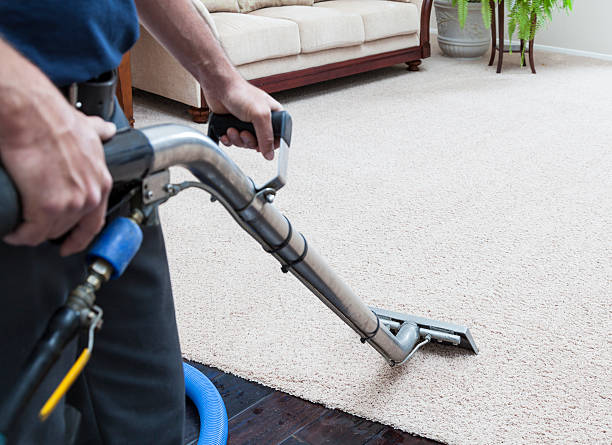(ThyBlackMan.com) A bath is the most prominent feature of any bathroom, and it signifies comfort and luxury as well. Furthermore, it’s often quite an investment to have a nice bath installed, and in order for a bath to last for a long time, it needs to be maintained properly. To ensure your bath gives you many years, even decades, of pleasure, here are some simple rules on how to take care of your bath and clean it in the proper way.
- Clean immediately after use
It’s no fun having to clean a bath right after use – working after relaxing is counter-intuitive and we wish it could be done the other way around. However, spots and specs are much easier to remove right after the bath has been used, whilst the bath is still warm and grease or dirt hasn’t had a chance to stick to the surface yet. If you want to delay the cleaning, give the bath at least a thorough rinse right after using it.
- Use warm, soapy water
Dirt is easier to remove when using warm water, and the surface of  the bath will be better protected when the soap is not directly applied, but has been mixed with the water to form a soapy solution. Use a soft sponge or microfibre cloth – never use harsh sponges or other materials that can damage or scratch the surface.
the bath will be better protected when the soap is not directly applied, but has been mixed with the water to form a soapy solution. Use a soft sponge or microfibre cloth – never use harsh sponges or other materials that can damage or scratch the surface.
- Always rinse
Don’t let the soapy water stick to the surface – always rinse. Use clean, warm water, and rinse well.
- Don’t use abrasives
Never use chemicals to clean your bath and stay away from abrasives. Make sure your soap or cleaning agent does not contain ammonia. It may be tempting to use bleach, but don’t – bleach is also an abrasive. For tougher stains, try using vinegar or some baking soda. Remember that some hair dyes, bath oils, and beauty products such as nail polish or acetone can stain your bath as well.
- Avoid ‘hard’ water
Depending on the area you live in, you may get hard or soft water. Hard water (in contrast to soft water) contains many minerals. A lot of use of hard water often leads to problems in water heaters, cooling towers, and so on. You can tell if you have hard water when there aren’t many suds in the soapy water. Softening agents, which are commercially available, can lessen the damage hard water has on pipes (and the surfaces of your bath), especially after prolonged use.
By remembering and making use of these handy tips, you can ensure a longer life for your bath and many more years of enjoyment for you and your loved ones, whether you have chosen to have Carron double ended baths or other types of Carron baths. Everyone loves to bathe in a clean, long-lasting bath of good quality, and it would be a shame to ruin a perfectly good bath by not taking good and proper care of it.
Staff Writer; Todd Knight

















Leave a Reply